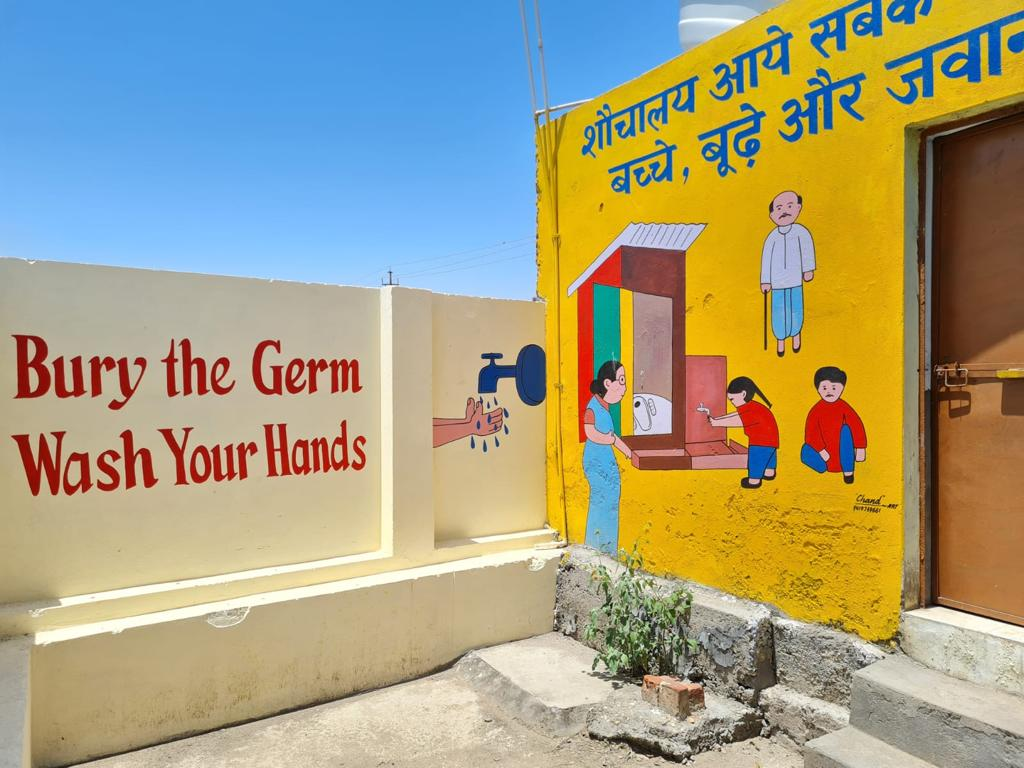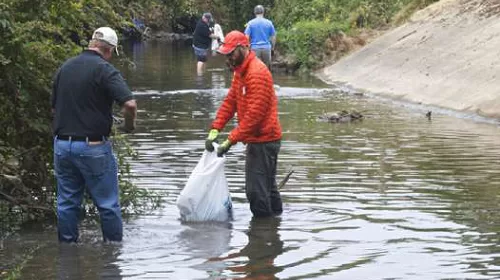The Department of Drinking Water and Sanitation, Union Ministry of Jal Shakti, today approved the Annual Implementation Plan 2024-25 for J&K under the Swachh Bharat Mission (SBM) in a meeting convened with the Department of Rural Development and Panchayati Raj, J&K. Chaired by Vini Mahajan, Secretary, Department of Drinking Water and Sanitation, the meeting witnessed the participation of Joint Secretary Jitendra Srivastava and other senior officials of the Union Government, a spokesperson said.
Shahid Iqbal Choudhary, Secretary, Rural Development Department and Panchayati Raj, J&K, made a detailed presentation before the panel along with Anoo Malhotra, Director General, Rural Sanitation, J&K.
“The annual plan outlay, projected at Rs. 365.42 crores, envisages the creation of assets in rural areas for waste management, supporting the communities to operate and maintain the assets, coverage of tourist destinations, religious places and educational institutions. The major thrust of the plan will be the establishment of plastic waste management units, providing electricity supply, connectivity, waste collection support and detailed policy for use of shredded plastic in infrastructure projects, particularly the road sector,” the spokesperson said.
“The department projected the construction of 2,000 community sanitary complexes, covering the priority destinations and uncovered panchayats. Assets for solid waste management, water management, construction of biogas plants, sludge treatment plants, waste management facilities and community awareness are among the major initiatives approved under the SBM annual implementation plan. Efforts on the sustainability of sanitation systems will be made under the AIP,” the statement said.
“The Swachh Bharat Mission’s Director has proposed the construction of 21,000 IHHL units apart from coverage of all PMAY housing unit beneficiaries. Collection, storage and segregation centres, vehicles for collection and transportation of waste, individual and community compost pits, segregation bins and safety material for sanitation workers are also included in the approved plan. Focus will also be placed on capacity building of village level committees and field staff,” the statement reads.





